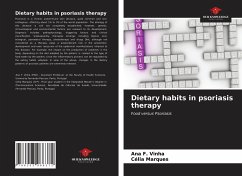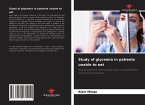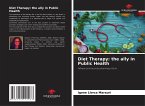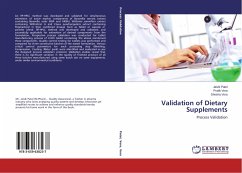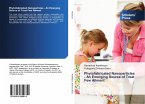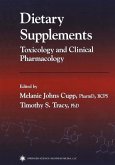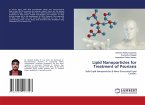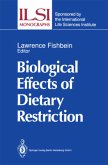Psoriasis is a chronic autoimmune skin disease, quite common and non-contagious, affecting about 1% to 3% of the world population. The etiology of this disease is still not completely established; however, genetic, immunological and environmental factors are relevant to its development. Diagnosis includes pathophysiology, triggering factors and clinical classification. Subsequently, therapies emerge, including topical, oral, biological, parenteral therapy, phototherapy and drugs. Diet, although not considered as a therapy, plays a preponderant role in the prevention, development and even recession of the epidermal manifestations inherent to this disease. For example, the impact on the production of cytokines in the body, depending on the diet adopted by the patient, is related to the type of food eaten by the patient, since the inflammatory process can be regulated by the eating habits adopted. In view of the above, changes in the dietary patterns of psoriatic patients are extremely relevant.
Bitte wählen Sie Ihr Anliegen aus.
Rechnungen
Retourenschein anfordern
Bestellstatus
Storno

